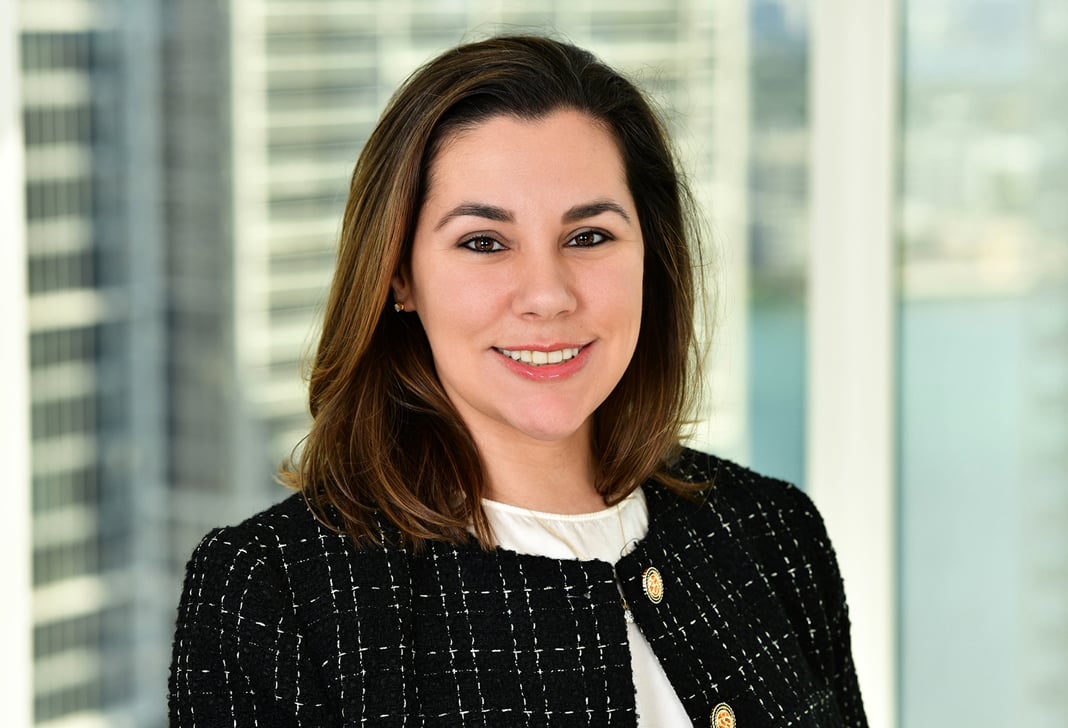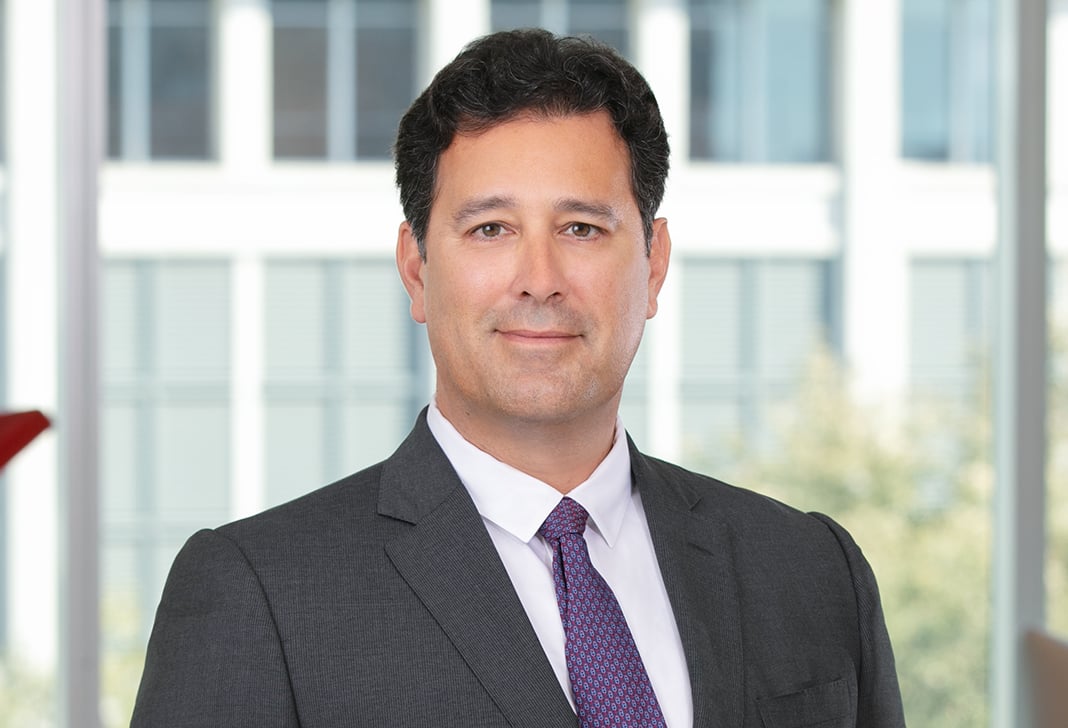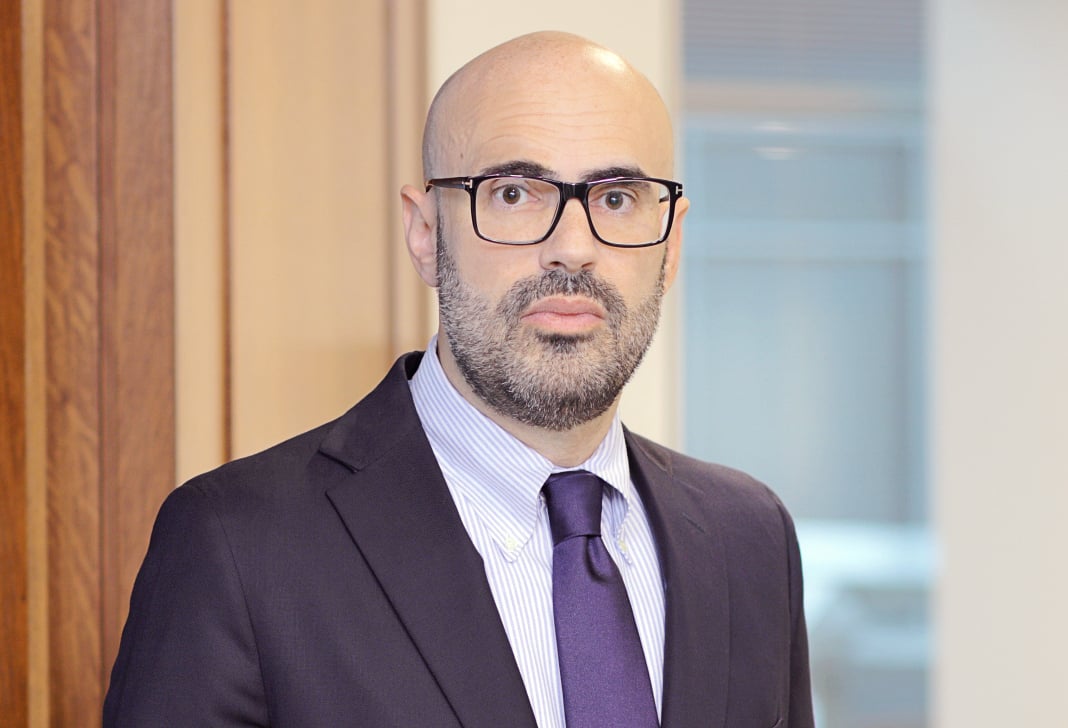
Business Restructuring Review March–April 2023 | Vol. 22 No. 2
In This Issue:
Chapter 15 Recognition Limited to Foreign Insolvency, Liquidation, or Restructuring Proceedings
In In re Global Cord Blood Corp., 2022 WL 17478530 (Bankr. S.D.N.Y. Dec. 5, 2022), the U.S. Bankruptcy Court for the Southern District of New York denied a petition filed by the joint provisional liquidators for recognition of a "winding-up" proceeding commenced under Cayman Islands law for the purposes of investigating allegations that a Cayman company's board and/or officers caused or allowed an improper expenditure of more than $600 million of corporate funds and preventing further dissipation of the company's assets. According to the court, chapter 15 recognition was unwarranted because the proceeding was more akin to a corporate governance and fraud remediation effort rather than a proceeding that considers the rights and objectives of a company's creditors in the context of a court-supervised insolvency, reorganization, or liquidation proceeding. [read more …]
Eleventh Circuit Establishes Bright-Line Rule on Additional Disclosure and Re-Solicitation of Votes for Modified Chapter 11 Plan
In Braun v. America-CV Station Group Inc. (In re America-CV Station Group Inc.), 56 F.4th 1302 (11th Cir. 2023), petition for reh'g filed, No. 21-13774 (11th Cir. Jan. 27, 2023), motion to stay mandate pending petition for cert., No. 21-13774 (11th Cir. Feb. 28, 2023), the U.S. Court of Appeals for the Eleventh Circuit established a bright-line rule requiring that, if a proposed post-voting, pre-confirmation modification of a chapter 11 plan materially and adversely affects a class of creditors or shareholders compared to their treatment in a prior plan, the plan proponent must provide the affected class with an amended disclosure statement and another opportunity to vote on the plan as modified. Applying this rule, the Eleventh Circuit reversed lower court rulings depriving a shareholder class of additional disclosure and the right to vote on plan modifications that stripped some, but not all, class members of the right under a previous plan to receive new equity in exchange for a capital contribution and exit financing. [read more …]
Second Circuit Weighs In on Bankruptcy Code v. Chapter 11 Plan Impairment and the Solvent-Debtor Exception
In In re LATAM Airlines Grp. S.A., 55 F.4th 377 (2d Cir. 2022), the U.S. Court of Appeals for the Second Circuit ruled as a matter of first impression that a claim is "impaired" within the meaning of the Bankruptcy Code only when a chapter 11 plan, rather than the Bankruptcy Code, alters the creditor's legal, equitable, or contractual rights. It also held as a matter of first impression that the solvent-debtor exception requiring a solvent debtor to pay postpetition, pre-confirmation interest to unsecured creditors to render their claims unimpaired survived the enactment of the Bankruptcy Code. [read more …]
U.S. Supreme Court Bankruptcy Roundup
An update on the status of various cases recently decided by or pending before the U.S. Supreme Court as well as dispositions of petitions seeking Court review. [read more …]
Foreign Representative's Failure to Communicate with Bankruptcy Court Warrants Closure of Chapter 15 Case
In In re Ace Track Co., Ltd., 2023 WL 551963 (Bankr. N.D. Ill. Jan. 27, 2023), the U.S. Bankruptcy Court for the Northern District of Illinois examined the obligation of a foreign representative in a chapter 15 case to inform the court promptly of changes in the status of the foreign debtor's bankruptcy case. Faced with a foreign representative who failed for nearly five years to notify the bankruptcy court (or his own counsel) of changed circumstances, including the closure of the debtor's Korean rehabilitation case, the court directed that the debtor's chapter 15 case be closed because it had been fully administered, permitted the foreign representative's counsel to withdraw, and banned the foreign representative from acting in that capacity in other chapter 15 cases without express permission. [read more …]
Newsworthy:
Jones Daywas named to the GRR 100 (2022), a comprehensive guide published by the Global Restructuring Review to the best law firms across the globe for international restructuring and insolvency work.
Heather Lennox (New York and Cleveland), Genna Ghaul (New York), Matthew C. Corcoran (Columbus), and Nick Buchta (Cleveland) are part of a team of Jones Day lawyers representing Jefferies Finance in the chapter 11 cases of Forma Brands and its subsidiary Morphe, the influencer-centric beauty brand and retailer. The representation includes a $690 million credit bid to acquire the assets of the debtors under section 363 of the Bankruptcy Code; a $33 million superpriority secured debtor-in-possession credit facility; and all aspects of the senior lender representation in the cases. Jefferies is the agent and majority lender—the minority lenders participating in the credit bid and post-closing equity/debt capitalization are Cerberus and General Atlantic.
An article written by Corinne Ball (New York) titled "Fifth Circuit Orders Bankruptcy Court to Abstain from Deciding Issues Relating to Public Electricity Market" was published in the February 22, 2023, edition of the New York Law Journal.
An article written by Charles M. Oellermann (Columbus) and Mark G. Douglas (New York) titled "The Year in Bankruptcy: 2022" was published in Lexis Practical Guidance on January 25, 2023.
An article written by Nathan P. Yeary (New York) and Mark G. Douglas (New York) titled "First Impressions: The Eleventh Circuit Examines 20-Day Administrative Expense Claims and the Subsequent New Value Preference Defense" was published in Lexis Practical Guidance on January 25, 2023.
An article written by Oliver S. Zeltner (Cleveland) and Mark G. Douglas (New York) titled "Sears Holding: A Case Study in Valuing Collateral in Chapter 11" was published in Lexis Practical Guidance on January 25, 2023.








